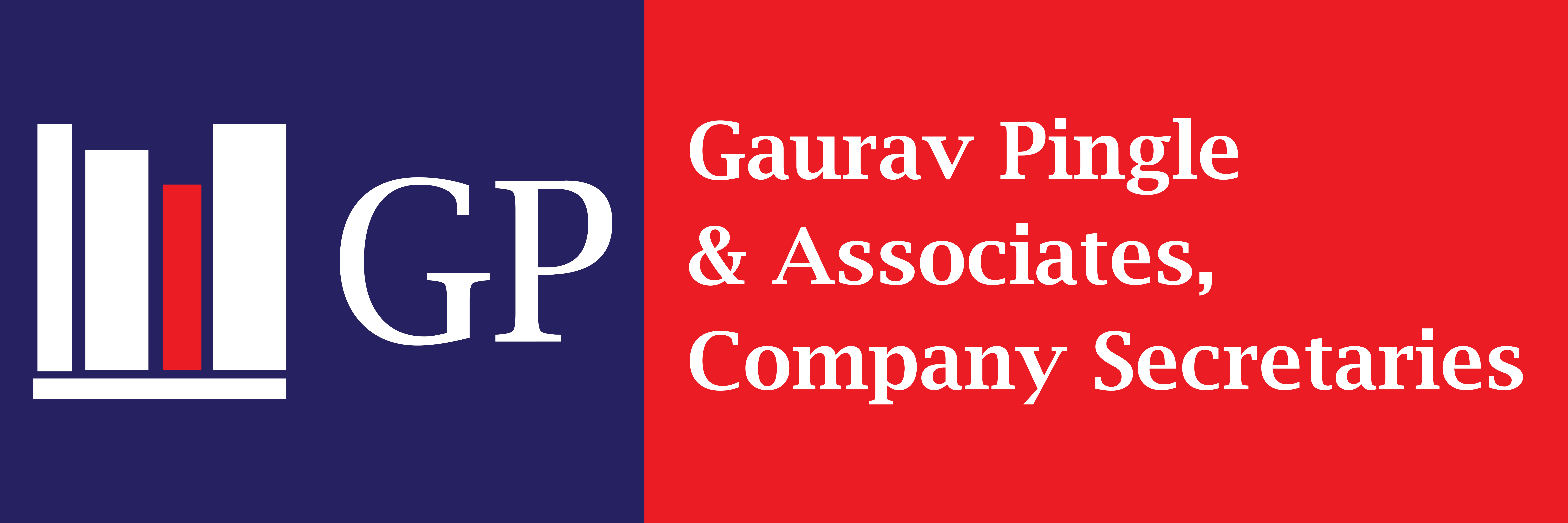By the Companies (Amendment) Act, 2019, section 29 of the Companies Act, 2013 (‘Companies Act’) was amended. Pursuant to the amendment a prescribed class(es) of companies were required to issue securities only in dematerialised form (earlier it was ‘prescribed class of public companies’ only). By the amendment the Govt. (i.e. Ministry of Corporate Affairs, ‘MCA’) has the authority to prescribe class of companies (private or public company, both) for issuing or transferring securities only in electronic / demat mode.
Demat of securities for Public Companies:
Rule 9A was introduced in the Companies (Prospectus and Allotment of Securities) Rules, 2014. The amendment was effective from October 2, 2018. The Rules provided that any unlisted public company (irrespective of share capital or turnover or holding company or subsidiary company) shall issue the securities only in dematerialised form and facilitate dematerialisation of all its existing securities.
The Rules provided that every unlisted public company making any offer for issue of any securities or any corporate action (buyback or issue of bonus shares or rights offer) shall ensure that before making such offer, the entire holding of securities of its promoters, directors, key managerial personnel has been dematerialised (in accordance with Depositories Act, 1996). Similar provision was introduced for transfer of securities of unlisted public companies with effect from October 2, 2018.
Such unlisted public companies are required to submit e-Form PAS 6 to the Registrar of Companies within 60 days from the conclusion of each half year duly certified by practising professional (CS or CA).
Within less than 4 months (i.e. January 22, 2019), the MCA introduced an amendment and exempted the following companies from demat provisions: (i) Nidhi company, (ii) Government company, (iii) Wholly-owned subsidiary company.
In my view, the rules for demat of public companies were unambiguous, w.r.t. cut-off date for compliance, applicability, exemptions.
Demat of securities for NOT Small Companies:
After 5 years, the MCA introduced similar provisions for demat of securities for certain class of private companies i.e. companies which are NOT Small Companies (Rule 9B). Such companies include private companies with paid-up share capital not more than Rs. 4 crore AND turnover not exceeding Rs. 40 crores. The exceptions to the said provisions are holding companies, subsidiary companies, companies registered under sec. 8 of Companies Act and companies governed under any special Act. For the said exceptions, monetary thresholds are irrelevant. E.g. Private company which is a holding company or subsidiary company with a turnover of Rs. 10 lacs and paid-up share capital of Rs. 2 lacs, such company is NOT a small company. Same applies to section 8 companies. Therefore, all such companies are mandated to issue, transfer securities in dematerialised mode only.
Interesting to note that for such not small companies, the MCA has given 18 months to comply with the provisions of demat. i.e. 18 months from March 31, 2023 and thereafter. Here the cut-off date for applicability is variable i.e. every private company will be under obligation to evaluate its status whether it is a Small Company or not. Presently only Government Company is exempted from the said Rule.
Unfair exemptions for demat of securities for private companies:
A public company which is a wholly-owned subsidiary company is exempted from the compliance of compulsory demat of securities (under Rule 9A) however a private company which is a wholly-owned subsidiary company is not exempted from the compliance of compulsory demat (under Rule 9B).
As mentioned earlier, the exemption for wholly-owned subsidiary company (i.e. public company) was provided within 4 months from introduction of the said Rules. In case of demat of securities for not small companies, it has been almost 10 months but no such exemption has been provided.
Companies incorporated under section 8 of Companies Act – Biggest victim?
Exclusively for social activities, the social entrepreneurs have an option to incorporate a company under section 8 of the Companies Act. Such companies are formed with an object of promoting commerce, art, science, sports, education, research, social welfare, religion, charity, protection of environment or any such other object. The company shall apply its profits, if any, or other income in promoting its objects. Such companies are prohibited from payment of any dividend to its member.
Most of the section 8 companies in India have a small set-up for their social initiatives and activities. Their activities are limited to social initiatives on weekends or at the time of any calamity or crisis. To initiate the venture, capital is invested by the promoters and later such companies are dependent on donations from public at large or sometimes directors of such companies donate from their personal funds. Practically, such companies don’t have a huge capital requirement.
Companies formed under section 8 are NOT small companies and hence the provisions of Rule 9B are applicable. Therefore, such companies are required to hold its securities in demat mode.
The tentative initial statutory cost for demat of shares is around Rs. 30,000 – 40,000 and then there is also an annual cost for the said compliance. Many such section 8 companies have the annual donations up to such amount. Quite a few companies are not even eligible to seek donations from public at large. Few such companies are incorporated but initial social activities have not yet started. Sustainable revenue generation is a big concern for such companies. Companies incorporated u/s 8 of the Act (corresponding to cos. incorporated u/s 25 of Cos. Act, 1956) are significantly affected by the amendment introduced for compulsory demat.
Section 8 companies ought to have been completely excluded from the applicability of compulsory demat or there should have been a monetary threshold (share capital or amount of donations) for its applicability. Private companies which are wholly-owned subsidiary companies ought to have also been exempted from the said compliance.
As explained above, in my view, the exemptions for demat of securities for private and public companies is unfair.
